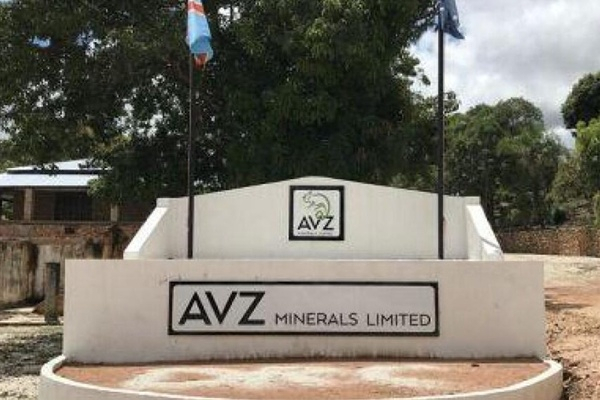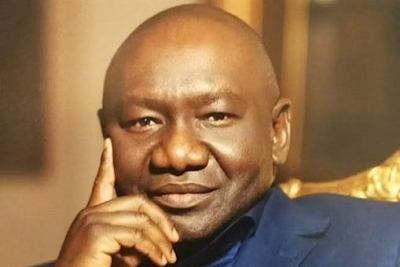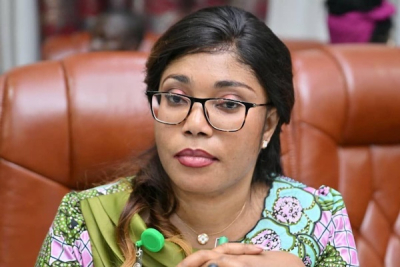AVZ Minerals Limited has resumed its arbitration case against the Democratic Republic of Congo (DRC) over the prized Manono lithium deposit, the Australian mining company announced in a statement issued on Tuesday, June 24, 2025.
AVZ had announced on May 26 that it was temporarily suspending proceedings before the International Centre for Settlement of Investment Disputes (ICSID) until June 23. The company stated at the time that this pause aimed to foster "a climate conducive to discussions" in hopes of reaching an amicable resolution. However, that effort collapsed. AVZ now accuses the DRC of refusing to participate in any dialogue during the suspension window. "Despite AVZ’s best endeavors, the DRC did not engage with AVZ during the period of temporary suspension and that suspension has now lapsed,” the firm stated bluntly.
Congolese authorities have not commented on the situation as of yet. Their silence leaves open the question of why negotiations failed, especially since ICSID had confirmed the suspension was mutual and in line with both parties' agreement.
KoBold's Deal Loses Ground
This legal escalation directly threatens the January 21 offer made by American company KoBold Metals. Backed by investors including Bill Gates and Jeff Bezos, KoBold proposed to end the dispute by providing "appropriate compensation" to AVZ, in exchange for AVZ abandoning its claims on Manono in KoBold's favor. The offer initially appeared promising. On May 6, KoBold and AVZ signed a framework agreement, stating that AVZ would transfer its commercial interests in the Manono lithium deposit to KoBold at a fair market value.
However, the agreement carried a major condition: the DRC would need to either grant AVZ a mining permit or formally recognize its rights over the site. Kinshasa has refused to meet that condition, putting the entire KoBold offer on unstable ground. As a result, AVZ saw no alternative but to restart its legal offensive. The company initially brought the case to ICSID in June 2023, and the latest move signals its determination to press ahead.
At the heart of the conflict lies exploration permit PR 13359. AVZ claims legal rights over this portion of the lithium deposit. However, Congolese courts awarded 100% control of the permit to state-owned Cominière, reversing an earlier arrangement where AVZ had co-managed the license through a joint venture with the public enterprise.
American Sponsor's Influence and Geopolitical Stakes
Following that ruling, Cominière formed a new partnership with Chinese conglomerate Zijin Mining, creating Manono Lithium SAS. This joint venture, 61% owned by Zijin (via its subsidiary Jinxiang Lithium) and 39% by Cominière, has obtained an exploitation permit for the northeastern part of the deposit and plans to begin lithium production in the first quarter of 2026.
Parallel to its ICSID case, AVZ is also suing its former partner Cominière before the International Court of Arbitration of the International Chamber of Commerce. This legal battle has already yielded results, with the tribunal ruling in AVZ’s favor and ordering Cominière to pay 39.1 million euros in penalties for non-compliance with prior court orders.
According to AVZ, the temporary pause in arbitration followed a call from the U.S. government, which encouraged both parties to take steps to foster a climate conducive to discussions. This legal and corporate drama unfolds against a backdrop of complex geopolitics. Washington is concurrently negotiating a "minerals for security" agreement with the DRC. Under this proposed deal, the U.S. would offer military and strategic assistance to help stabilize Congo’s eastern provinces. In return, the DRC would grant preferential access to U.S. companies operating in the mining sector.
At the same time, American and Congolese officials are working on a broader peace accord involving the DRC and Rwanda. The signing of both agreements is announced for the end of the month. The DRC’s stance in the AVZ-KoBold case, and its continued silence, raises new questions.
This article was initially published in French by Pierre Mukoko










